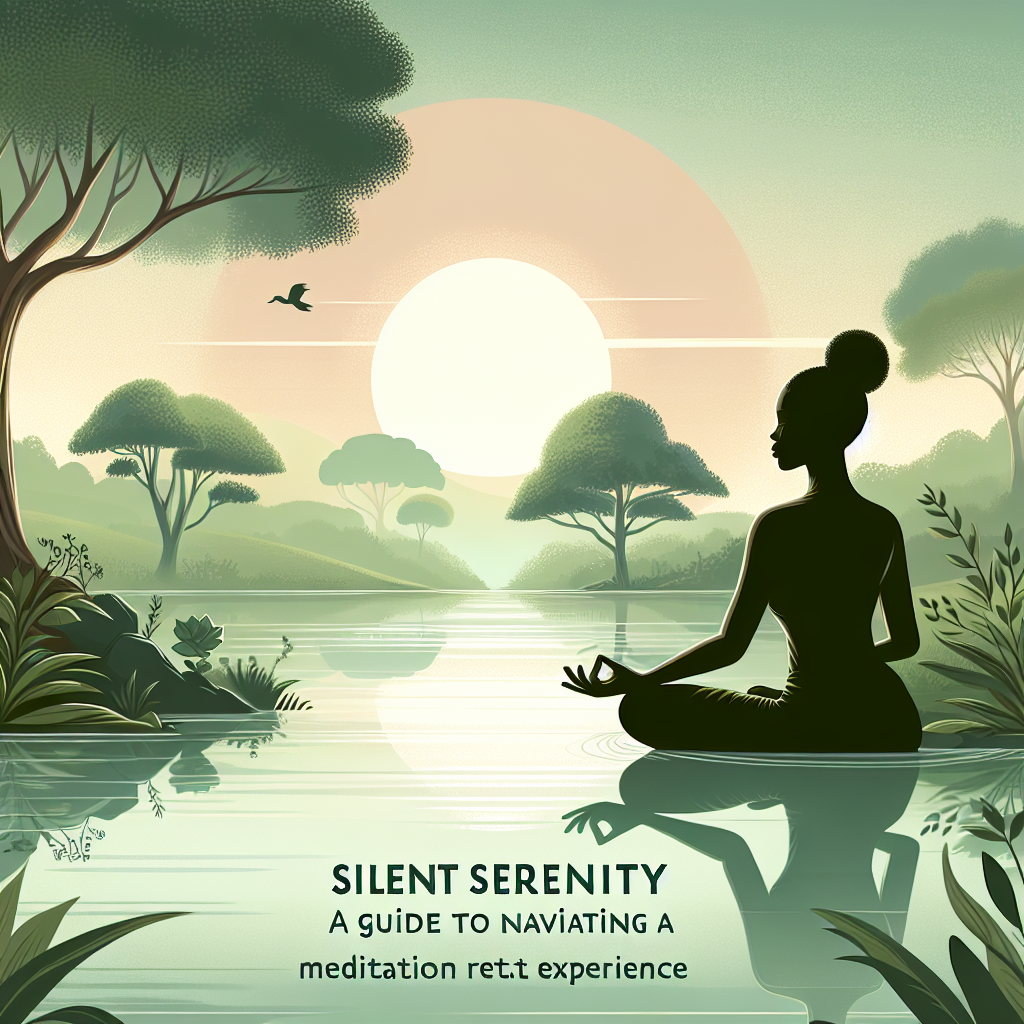meditation is a powerful spiritual practice that has been used for centuries to help individuals transform their lives and connect with their inner selves. Through regular meditation practice, individuals can experience increased mental clarity, reduced stress and anxiety, improved focus and concentration, and a greater sense of peace and calm. In this article, we will explore the power of meditation and how it can help you transform your life.
What is Meditation?
Meditation is a practice of focusing the mind on a particular object, thought, or activity to achieve a state of mental clarity and emotional calm. It is a way to train the mind to be in the present moment and to let go of negative thoughts and emotions.
There are many different types of meditation, including mindfulness meditation, loving-kindness meditation, transcendental meditation, and guided meditation. Each type of meditation has its own unique benefits and techniques, but they all share the goal of quieting the mind and cultivating a state of inner peace.
How Does Meditation Work?
Meditation works by activating the body’s relaxation response, which helps to reduce stress and calm the nervous system. When we meditate, we focus our attention on the present moment and let go of distracting thoughts and emotions. This allows us to enter a state of deep relaxation and inner peace.
Through regular meditation practice, we can rewire our brains and create new neural pathways that promote health and well-being. Meditation has been shown to increase the production of feel-good hormones like serotonin and dopamine, which can help to improve mood and reduce anxiety and depression.
Benefits of Meditation
There are countless benefits to incorporating meditation into your daily routine. Some of the most common benefits of meditation include:
– Reduced stress and anxiety: Meditation helps to calm the mind and reduce the body’s stress response, leading to a greater sense of peace and calm.
– Improved focus and concentration: Meditation can help to improve cognitive function and enhance concentration and productivity.
– Increased self-awareness: Meditation can help you become more in tune with your thoughts and emotions, leading to greater self-awareness and self-understanding.
– Better emotional regulation: Meditation can help you manage difficult emotions and respond to challenging situations with greater ease and composure.
– Enhanced creativity: Meditation can help to unlock your creativity and intuition by quieting the mind and allowing new ideas to flow freely.
How to Get Started with Meditation
If you are new to meditation, getting started can seem overwhelming. However, with a few simple steps, you can begin to incorporate meditation into your daily routine and experience the transformative power of this practice.
1. Set aside time each day for meditation: Begin by setting aside a specific time each day for your meditation practice. This can be in the morning, before bed, or during a break in your day.
2. Find a quiet space: Choose a quiet space where you can meditate without distractions. This can be a designated meditation space in your home, a park, or a quiet room.
3. Sit comfortably: Find a comfortable sitting position, either on a cushion on the floor or in a chair with your feet planted firmly on the ground.
4. Focus on your breath: Begin by focusing on your breath, feeling the rise and fall of your chest with each inhalation and exhalation.
5. Let go of distracting thoughts: As you meditate, you may notice thoughts and emotions arising. Simply acknowledge them and let them go, returning your focus to your breath.
FAQs about Meditation
Q: How long should I meditate each day?
A: It is recommended to start with just a few minutes of meditation each day and gradually increase the time as you become more comfortable with the practice. Aim for at least 10-15 minutes of meditation per day for optimal benefits.
Q: Can anyone meditate?
A: Yes, meditation is a practice that can be done by anyone, regardless of age, background, or experience. It is a simple and accessible practice that can benefit people of all walks of life.
Q: What if I find it difficult to quiet my mind during meditation?
A: It is normal to have distracting thoughts and emotions arise during meditation. The key is to acknowledge them and let them go, returning your focus to your breath or other meditation object.
Q: Can meditation help with physical health issues?
A: Yes, meditation has been shown to have numerous physical health benefits, including reduced blood pressure, improved immune function, and reduced inflammation.
Q: How long will it take to see the benefits of meditation?
A: The benefits of meditation can vary from person to person, but many people report feeling calmer and more focused after just a few sessions of meditation. Consistent practice is key to experiencing the full benefits of meditation.
In conclusion, meditation is a powerful spiritual practice that can help you transform your life and connect with your inner self. By incorporating meditation into your daily routine, you can experience increased mental clarity, reduced stress and anxiety, improved focus and concentration, and a greater sense of peace and calm. So why not give meditation a try and see the transformative power for yourself?




Leave A Comment